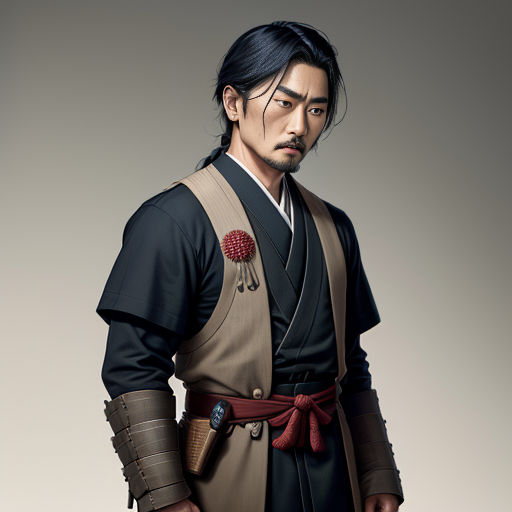
The Rise and Fall of Hideki Tojo
By Storybird

18 Sep, 2023
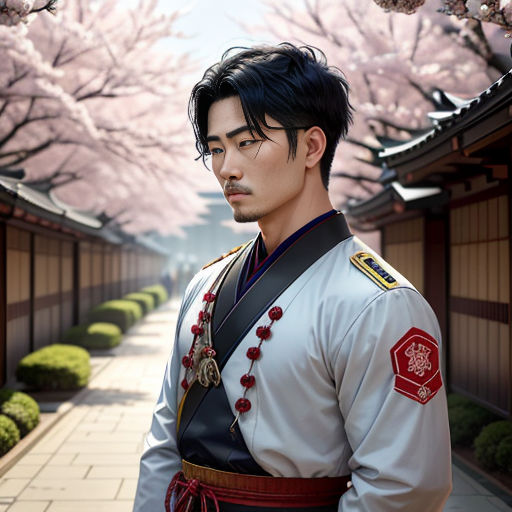
Hideki Tojo was born on December 30, 1884, in Tokyo, Japan. His family was of samurai descent, deeply rooted in tradition and military service. His father, Hidenori Tojo, was a lieutenant general in the Japanese Imperial Army.
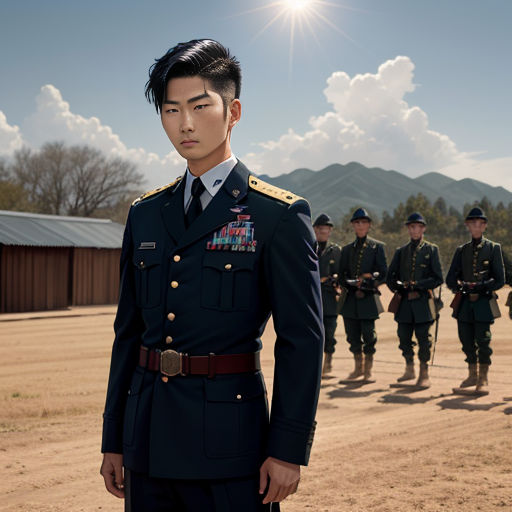
Growing up, Tojo was influenced by the values of his family. He was diligent, disciplined and showed deep respect for tradition. He was raised to be a soldier, a path he fully embraced.
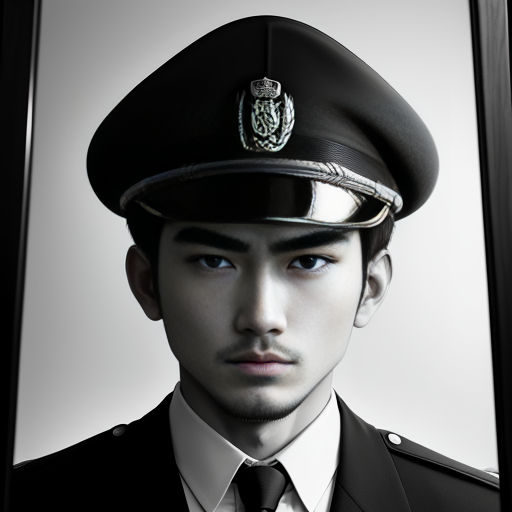
His education reflected his career path. Tojo attended the Army Cadet School in 1899 and then the Imperial Japanese Army Academy in 1905. These experiences only deepened his commitment to the military.
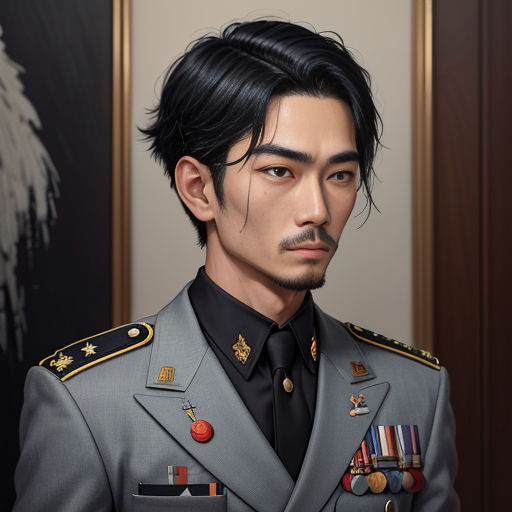
Eventually, Tojo rose steadily through the ranks in the army. He was known for his dedication, strategic acumen and determination. By 1926, he was a lieutenant colonel in the army.
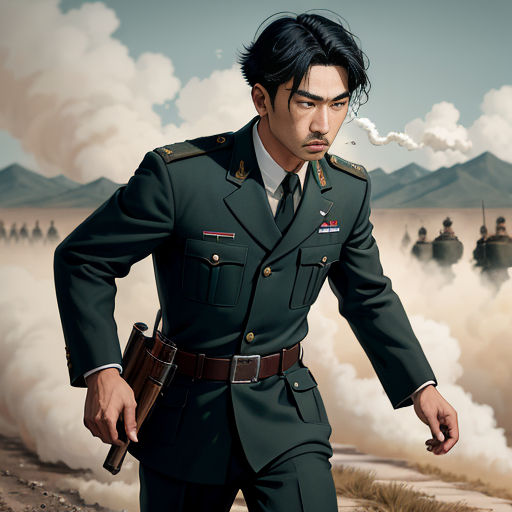
In the early 1930s, Tojo found himself in the midst of Japan's invasion of Manchuria. His efficient leadership during the war paved his way to becoming the Chief of Staff of the Kwantung Army in 1937.
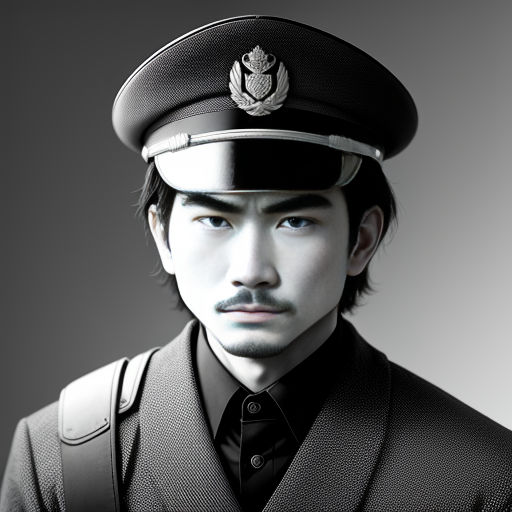
Tojo's dedication to the military and his ruthless strategic planning earned him recognition. In 1938, he was appointed as the Minister of War, strengthening his influence in the political sphere of Japan.

Furthering his ascent, Tojo became the 40th Prime Minister of Japan in 1941. It was a period marked by heightened tensions with the United States and the looming threat of war.
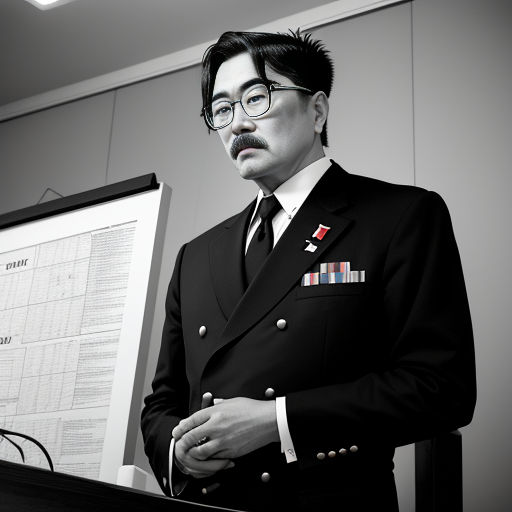
As Prime Minister, his aggressive policies and military stance led Japan into World War II. Tojo believed that war was inevitable, yet necessary for Japan's expansion and survival.
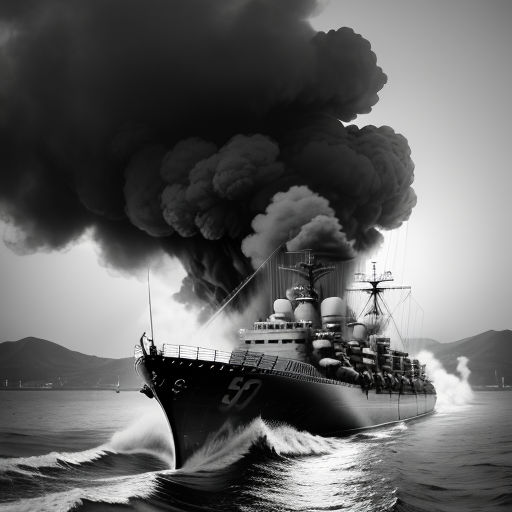
Under Tojo's leadership, Japan attacked Pearl Harbor in 1941, propelling the United States into World War II. This action also marked the start of Tojo's decline.
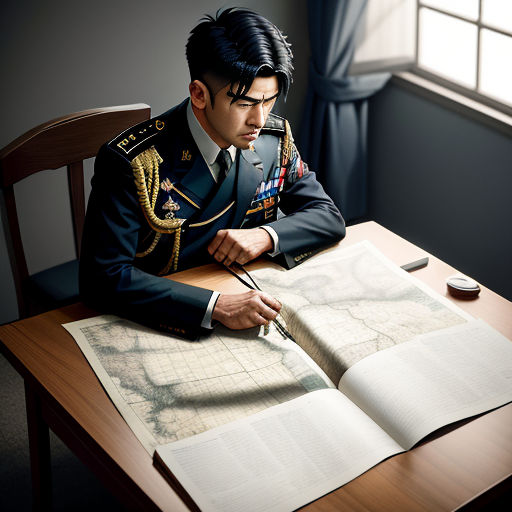
Despite initial victories in the Pacific, Japan's war efforts faltered. By 1944, it became clear that Japan was losing the war, leading to Tojo's resignation as Prime Minister.
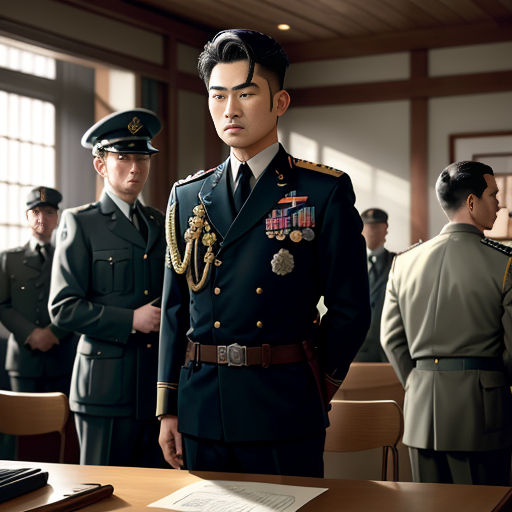
After the war, Tojo was arrested by the Allied Forces. He was tried and found guilty of war crimes. His military career and political reign ended as he was sentenced to death.
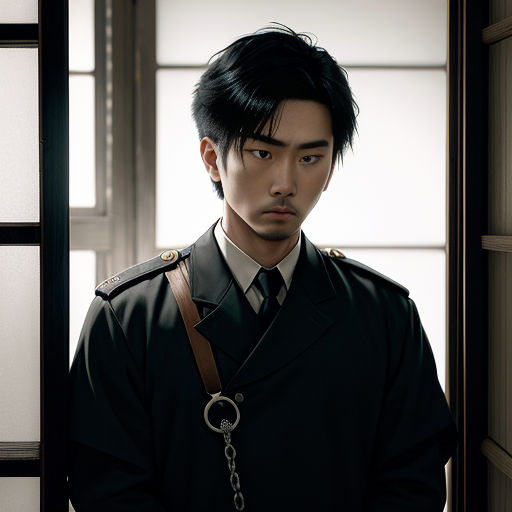
Hideki Tojo was hanged on December 23, 1948, ending a chapter of Japan's history marked by war and aggression. His actions forever left a mark on the world history.
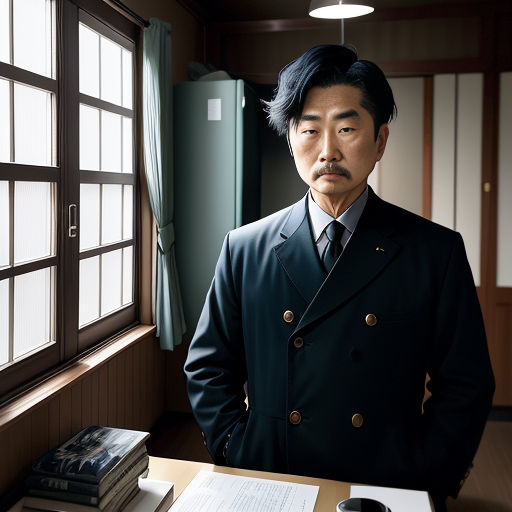
Tojo's personal life was relatively private. He was married to Katsuko Ito and they had three sons and four daughters. His family was kept away from the public eye.
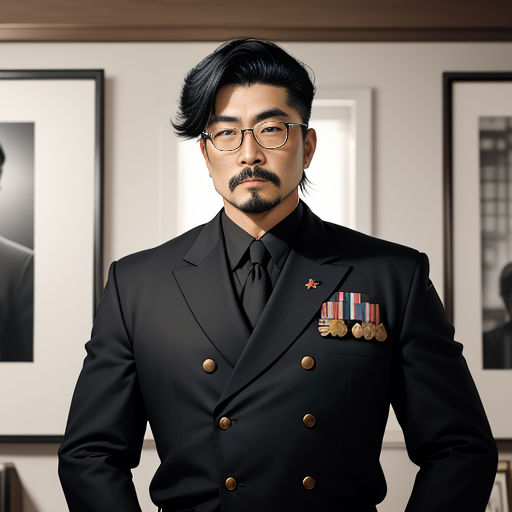
Tojo was a strict and disciplined man, known for his tireless work ethic. He was recollected as a devoted family man, deeply loving and caring towards his children.
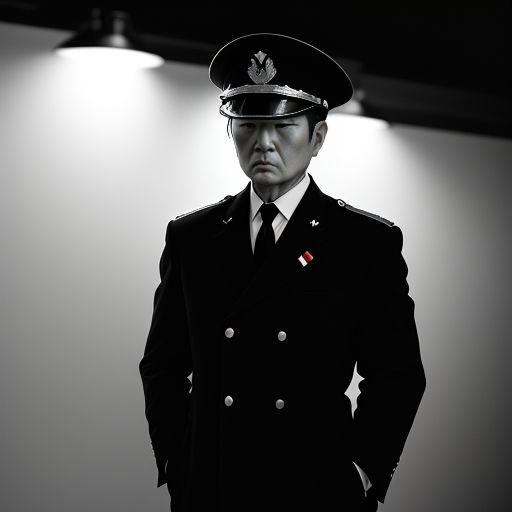
His legacy is controversial. To some, Tojo is remembered as a ruthless dictator, to others, a powerful leader who sought to elevate Japan's global standing.
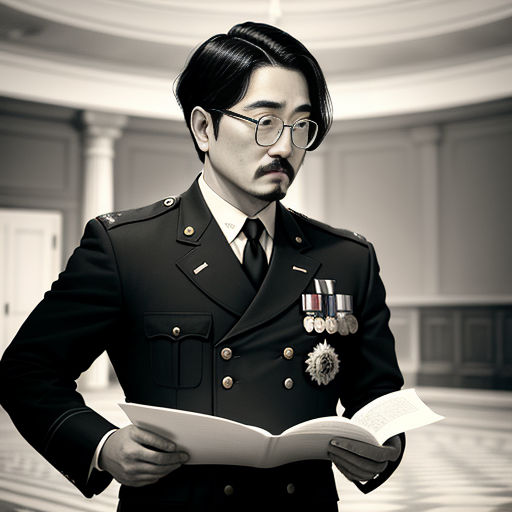
Undoubtedly, Tojo played a crucial role in shaping the course of the 20th century. His actions continue to influence the way we perceive international relations and world history.

The life and actions of Hideki Tojo serve as a cautionary tale, reminding us of the devastating outcomes of unchecked power and unbridled aggression.
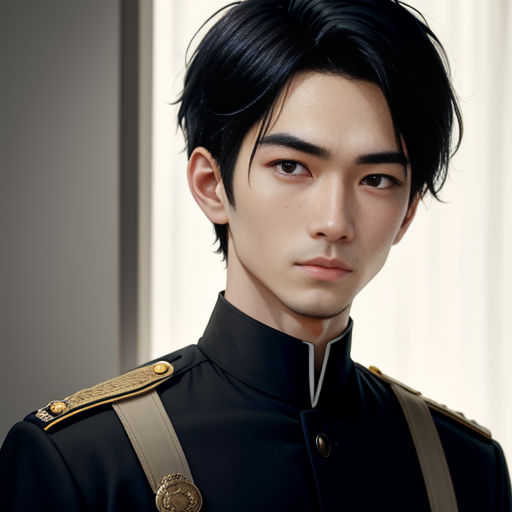
Tojo's story is a lesson about the complexities of leadership. The choices made, whether for good or ill, leave a lasting impact that shapes the course of history.
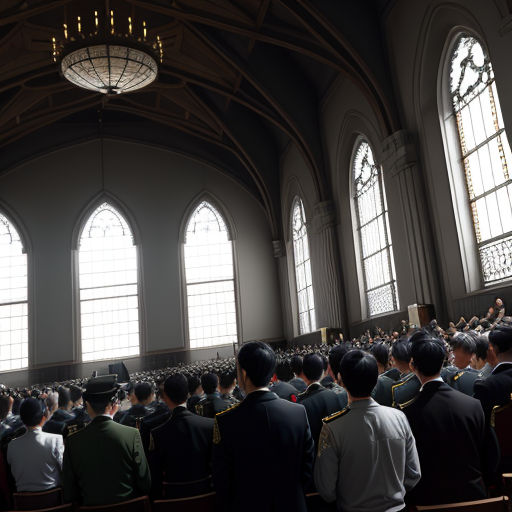
Tojo's reign during World War II brought global attention to Japan. His leadership, though controversial, left an indelible mark on the nation's history.

Despite the controversy surrounding him, Tojo's life continues to fascinate historians. His military tactics, policies, and conviction are widely studied by scholars.
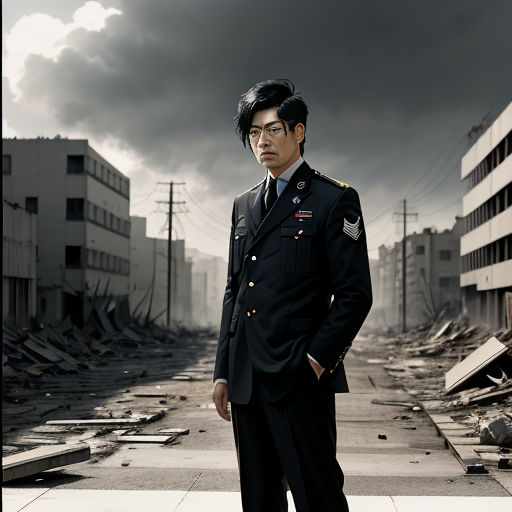
Tojo's life is a testimony to the havoc that war can wreak on nations. It is a reminder of the need for peace and diplomacy in a rapidly changing world.

Tojo's downfall serves as a stark reminder of the ephemeral nature of power. It also underscores the need for leaders to act responsibly, considering the broader implications of their actions.
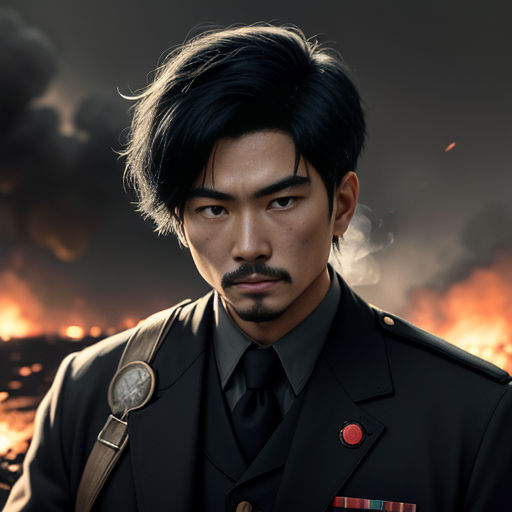
Hideki Tojo's story is a critical part of World War II history. It is a story of power, ambition, and the devastating consequences of war.

His journey from a diligent soldier to a powerful leader and his eventual downfall is a complex narrative that has left an unerasable mark on history.
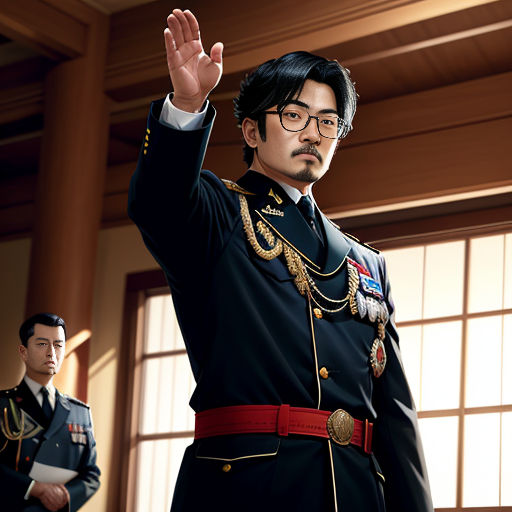
Though his actions were controversial, Hideki Tojo's life serves as a powerful testament to the weight of leadership and the lasting impact it can have on the world.

His decisions during World War II not only shaped the future of Japan but also had far-reaching implications on international relations, making his life a critical study in global history.
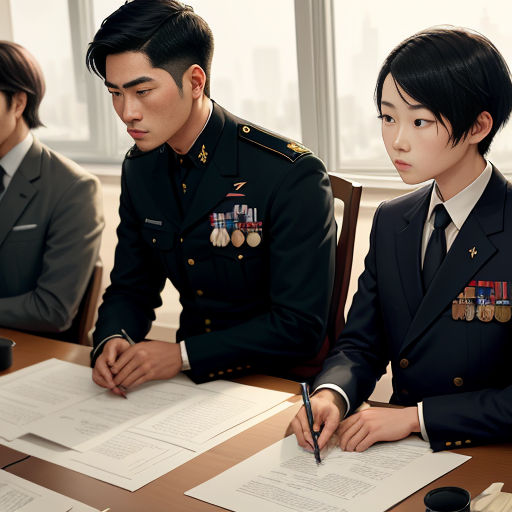
The actions and decisions of leaders like Hideki Tojo remind us of our shared history, the lessons learned, and the need for collective commitment to peace and progress.
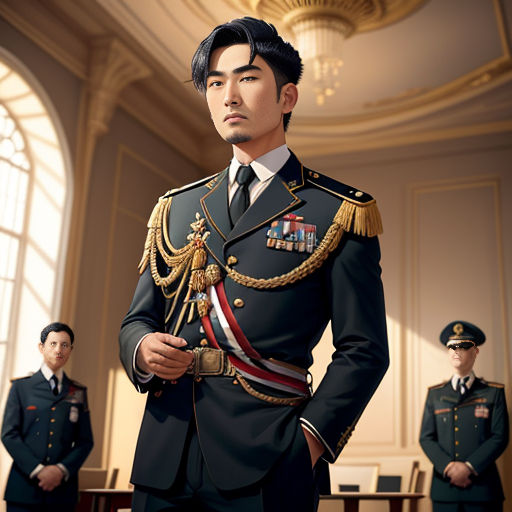
Tojo's story is a potent reminder of the importance of diplomatic discourse in national and international matters, which is the cornerstone of global harmony.
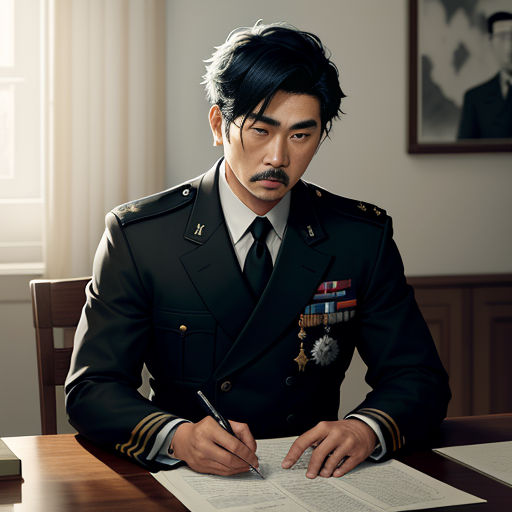
Hideki Tojo will always be remembered as a prominent figure of the 20th century, a man whose life was characterized by ambition, power, and ultimately, downfall.
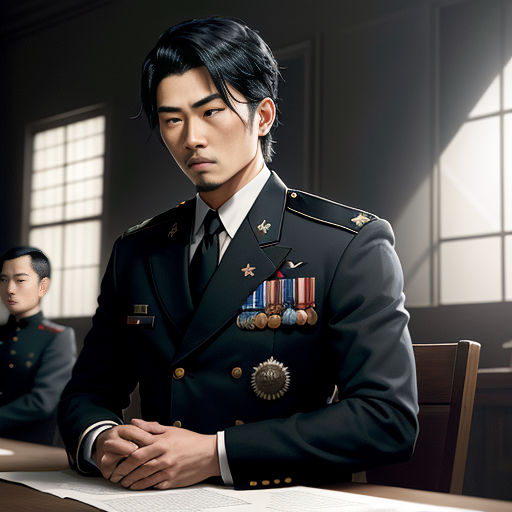
Capturing the rise and fall of Hideki Tojo, this narrative provides a glimpse into the life of a man whose decisions played a pivotal role in shaping the course of World War II.
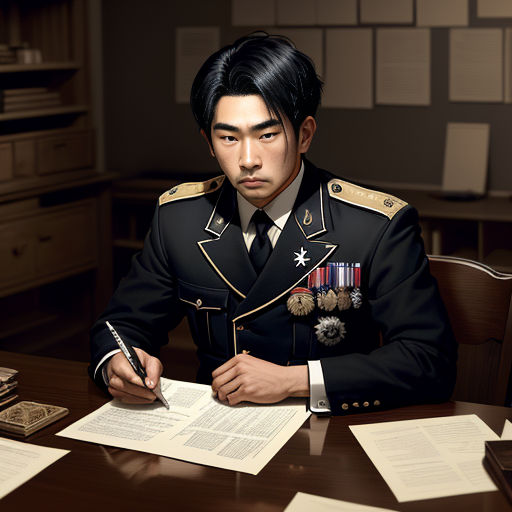
Within this narrative, the life of Hideki Tojo serves as a testament to the impacts of leadership decisions, the complexities of power, and the timeless lessons derived from history.
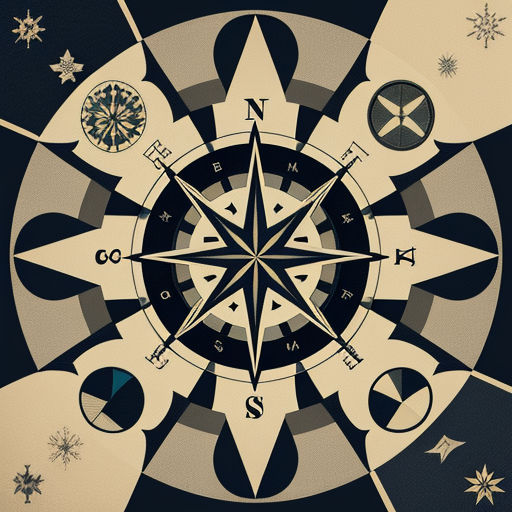
It's more than just a story—it's a reflection on the trials and tribulations of leadership, the dynamics of power, and the lessons we can learn from history.
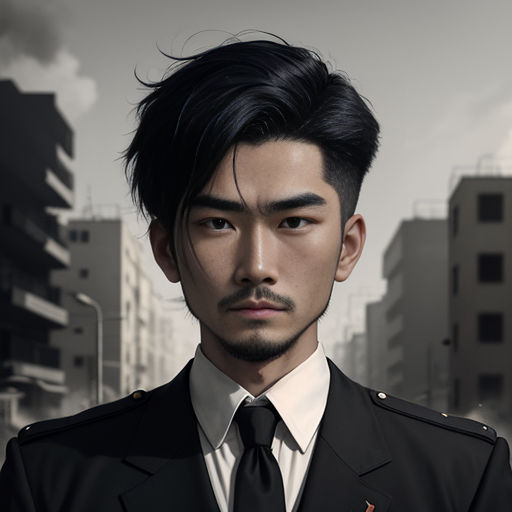
Ultimately, Hideki Tojo's life serves as a stark reminder of our shared history and the important lessons we can draw from the past as we navigate our collective future.

As we continue to reflect on the past and learn from it, the narrative of Hideki Tojo remains a crucial part of our understanding of World War II and the wider historical context.
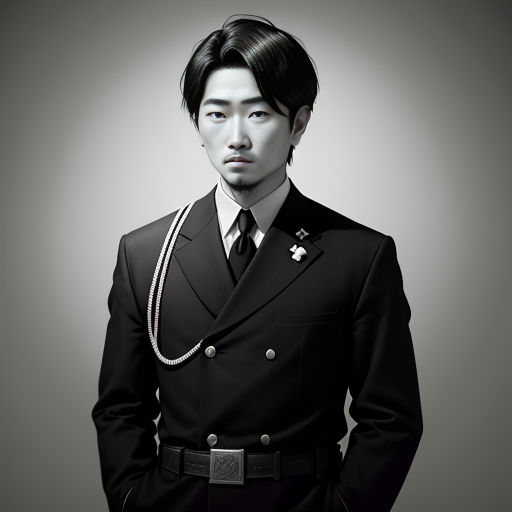
The rise and fall of Hideki Tojo is not just a tale of an individual, but a reflection on the epoch that shaped our world, forever reminding us of the value of peace, understanding, and diplomacy.